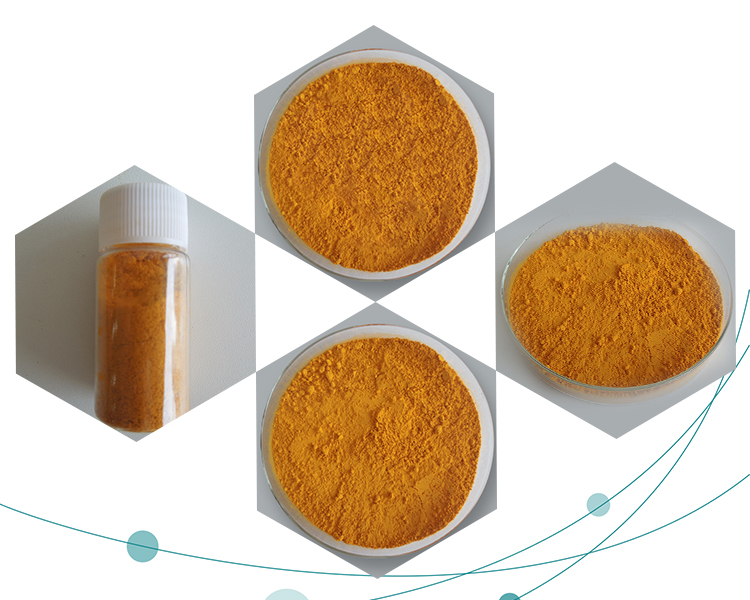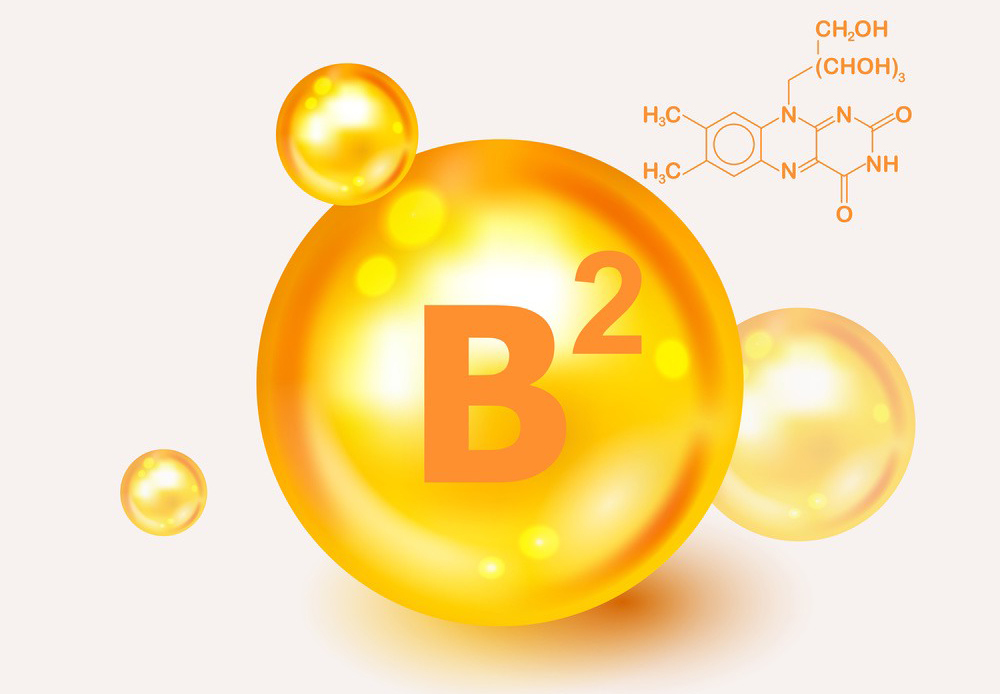Riboflavin, also known as vitamin B2, is a water-soluble vitamin that plays a crucial role in various biological processes within the human body. Here’s a comprehensive overview based on current research:
Chemical Structure and Properties:
Chemical Structure: Riboflavin is a yellow-orange compound with the chemical formula C17H20N4O6.
Solubility: It is water-soluble but not resistant to heat, light, or alkali.
Functions in the Body:
1.Energy Metabolism: Riboflavin is essential for the metabolism of carbohydrates, fats, and proteins. It acts as a precursor to coenzymes such as flavin mononucleotide (FMN) and flavin adenine dinucleotide (FAD), which are crucial in the electron transport chain and ATP production.

2.Antioxidant Activity: It helps in neutralizing free radicals and supporting the body’s antioxidant defense system.
3.Red Blood Cell Production: Riboflavin is involved in the production of red blood cells (erythrocytes) and supports iron utilization.
4.Other Metabolic Functions: It plays a role in maintaining healthy skin, vision, and nervous system function.
Dietary Sources:
Natural Sources: Good dietary sources of riboflavin include dairy products (milk, cheese), eggs, meat (especially liver), fish, green leafy vegetables, nuts, and enriched cereals and grains.
Supplements: Riboflavin is available in supplement form, often as part of B-complex vitamins.
Recommended Dietary Allowance (RDA):
The RDA for riboflavin varies by age and gender. For adults, it typically ranges from 1.1 to 1.3 mg per day, with higher amounts recommended for pregnant and lactating women.
Deficiency Symptoms:
Riboflavin deficiency can lead to symptoms such as sore throat, redness and swelling of the lining of the mouth and throat (cheilosis), cracks or sores on the outsides of the lips (angular stomatitis), and a red, itchy rash on the face. Severe deficiency can result in anemia and neurological symptoms.

Health Implications:
Migraine Prevention: Some studies suggest that riboflavin supplementation may help in reducing the frequency and severity of migraines.
Cataract Prevention: There is ongoing research on the potential role of riboflavin in reducing the risk of cataracts.
Conclusion:
Riboflavin is a vital nutrient involved in numerous physiological processes, from energy metabolism to antioxidant defense. While deficiency is uncommon in developed countries due to its presence in many foods, ensuring an adequate intake of riboflavin is essential for overall health and well-being. Ongoing research continues to explore its potential benefits in various health conditions.
